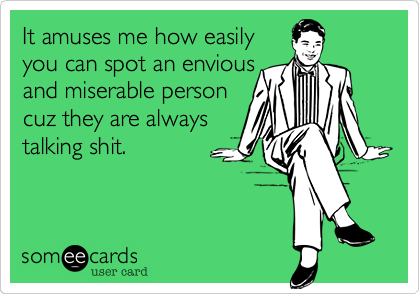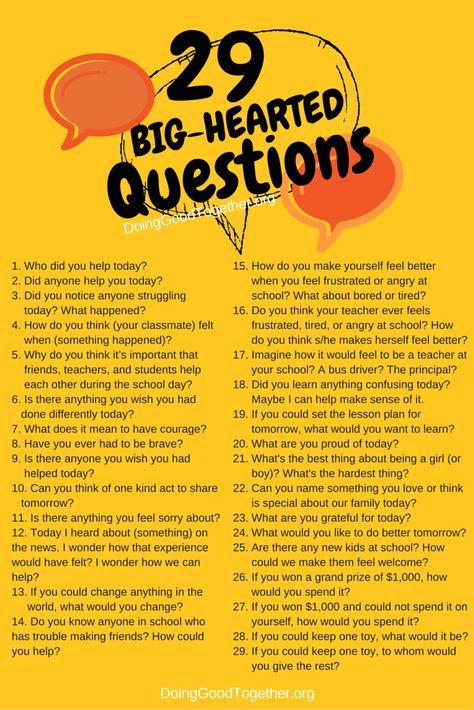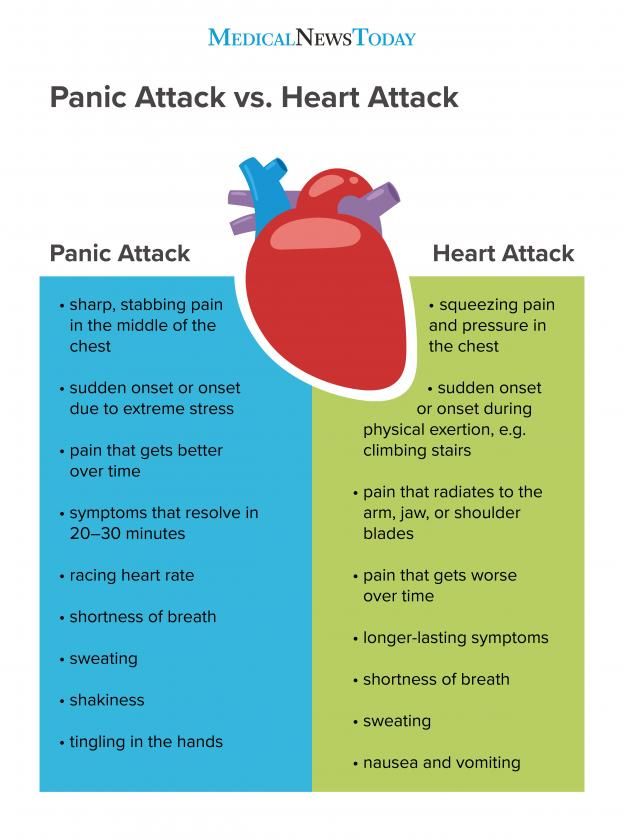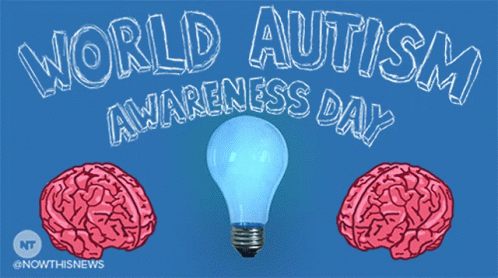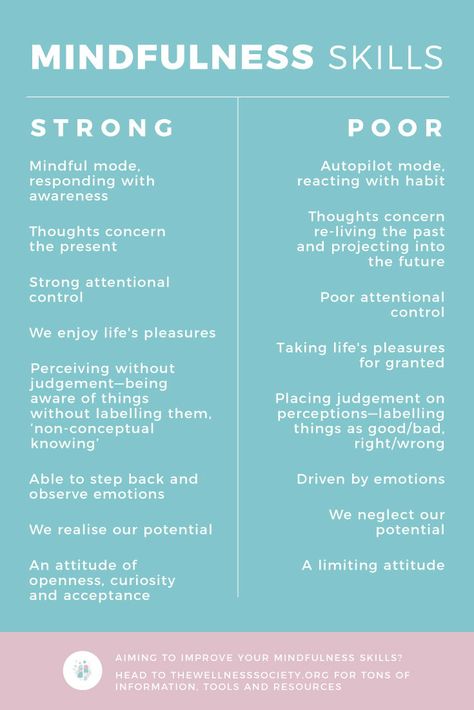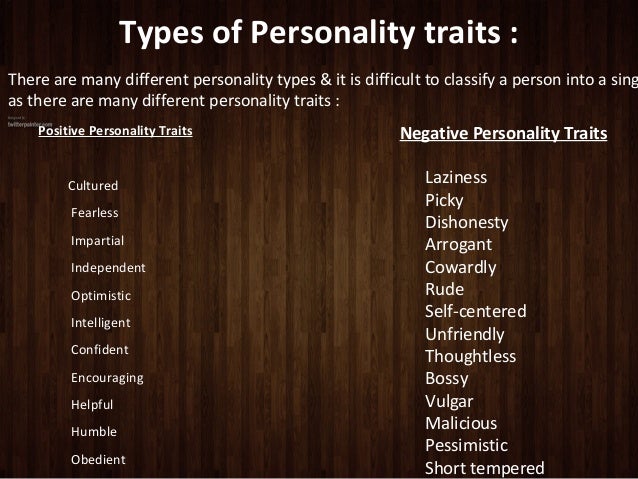What is a safe relationship
How to Create Emotional Safety in a Relationship: 7 Tips
Understanding how to create emotional safety is key to fostering meaningful connections and healthy relationships.
Emotional safety is the foundation for a loving and healthy relationship. It’s about establishing trust with another person and feeling safe enough to be open and vulnerable with them.
To put it simply, emotional safety is feeling secure enough to truly express yourself with someone and show up as your most authentic self.
Emotional safety also goes both ways. When you feel emotionally safe and reveal your true self, it opens the door for your partner to do the same. And when both people in a relationship feel secure, it provides a safe environment where a deeper and more loving connection can form.
Safety matters
Emotional safety does not apply to abusive relationships. If you’re experiencing abuse, whether physical or emotional, you have several options for seeking help. Try reaching out to a trusted friend, family member, or therapist or calling a domestic violence hotline.
When you find yourself in an emotionally safe relationship, chances are you’ll experience many advantages as a result. Benefits of emotionally safe relationships include:
- You feel valued and valuable.
- You can truly be yourself without the risk of judgment.
- You can show your weaknesses without being taken advantage of.
- You can share boldly and express yourself freely.
- You feel seen, heard, and understood.
More importantly, an emotionally safe relationship creates a stronger connection.
Of connection, Brené Brown, author and research professor of social work at the University of Houston, said it best: “I define connection as the energy that exists between people when they feel seen, heard, and valued; when they can give and receive without judgment; and when they derive sustenance and strength from the relationship.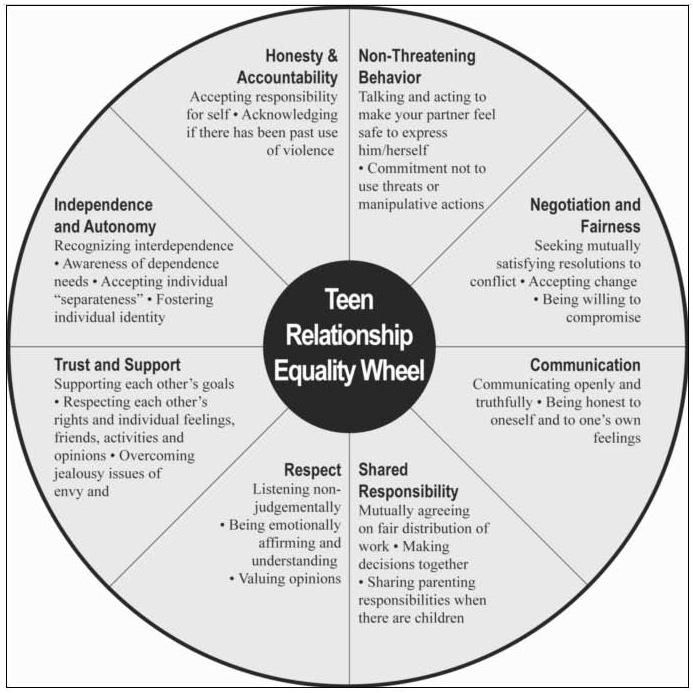 ”
”
Wondering how to build emotional safety or unsure where to start? We’ve broken down seven helpful ways to cultivate trust and vulnerability in any relationship.
Respect boundaries and consent
Setting and respecting boundaries can increase safety and security in a relationship by establishing personal limits. By communicating a limitation, you let your partner in on your preferences and invite them to share their own. Think of boundaries as not only protecting yourself but also protecting your relationship.
Boundaries can be physical, sexual, intellectual, emotional, or financial — all critical to nurturing respect in a healthy relationship. Once you set a boundary, it’s crucial that you and your partner respect it. Some examples of boundaries that promote emotional safety are:
- honoring what is important to you
- sharing personal information gradually
- protecting your time by not overcommitting
- asking for space when you need alone time
- communicating your comfort level on intimacy
Pay attention to your nonverbal communication
Body language is essential for emotional safety.
Vocal tone, eye shape, posture, and other micro expressions are continuously being interpreted by you and your partner, whether you realize it or not. “If you approach your partners with hard eyes, tightly pressed lips, and short words, they may not feel safe,” says Dr. Jake Porter, a Houston-based licensed professional counselor.
“The key here is to realize that we are each responsible not only for the words we say but also the way we send them,” he adds.
It’s a good idea to practice paying attention to the nonverbal communication you’re carrying with you before you approach your partner. Consider asking yourself, “What is my body language communicating right now?”
Be an active listener
Active listening is a critical component to a healthy relationship because people need to feel heard and understood to feel secure and validated. “Active listening is when you set aside your defenses and distractions, and truly take in what your partner is telling you,” explains Dr.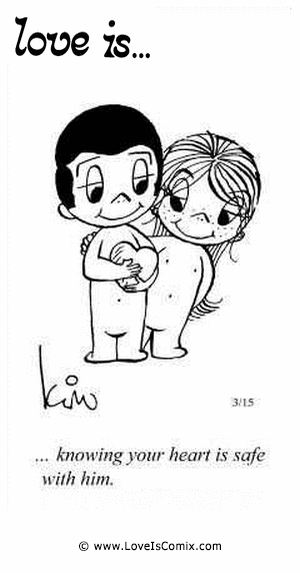 Isabelle Morley, a licensed clinical psychologist based in Massachusetts.
Isabelle Morley, a licensed clinical psychologist based in Massachusetts.
“The ability to actively listen means that whenever fears or issues arise, your partner will feel comfortable telling you,” she adds. “Instead of the problem growing or your partner becoming resentful, you’ll be able to quickly and easily address it.”
Some ways to practice active listening include:
- nonverbal signs of listening like smiling, nodding, and maintaining eye contact
- asking your partner questions or asking for clarification
- summarizing or reflecting back on what was said
Practice transparency
Transparency is an important part of building trust and emotional safety. When you practice transparency, you eliminate the potential feeling that you or your partner are hiding something from each other.
While you don’t need to share every part of your life with your partner, “general openness about your thoughts, feelings, and activities is a good way to build trust, communication, and security,” says Morley.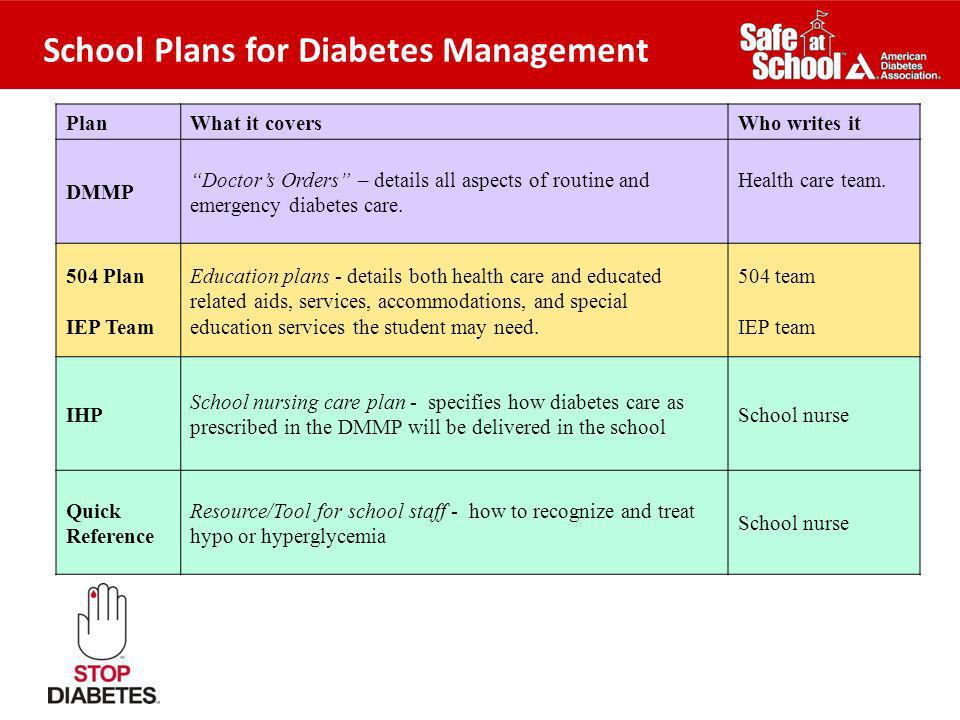
Give your partner the benefit of the doubt
Giving your partner the benefit of the doubt means removing judgment and, instead, being curious to learn about the motivation for their behavior. “Most people’s motivations are subconscious and often connected to their own baggage they bring to the relationship,” says Baltimore-based certified imago relationship therapist Rabbi Shlomo Slatkin.
“When we stop judging and making up stories of why our partner did what they did, we begin to look at them favorably from a place of compassion and understanding,” he adds. “We may disagree with them, but we can at least create a safe environment without confrontation.”
Foster accountability and follow through
Following through shows your partner that you are dependable and value the relationship. When you commit to something and follow through, you actively build trust by showing your partner your loyalty. Yet following through doesn’t have to happen overnight.
Even when you take small steps, enabling your partner to see your consistent effort shows them your commitment to the relationship. Try keeping your partner in the loop, as this will help you hold yourself accountable too.
Try keeping your partner in the loop, as this will help you hold yourself accountable too.
Consider couples or relationship therapy
A mental health professional’s perspective can help people in relationships build emotional safety by focusing on dealing with conflict rather than focusing on the conflict itself.
“Couples therapy fosters emotional safety by helping couples understand how they work together as a system,” explains Porter. “When I work with couples, I’m less interested in the content of what they are fighting about than the process of how they fight.”
“Focusing on the content might help them in the moment as I mediate a dispute, but they are just going to end up right back in the therapy office next time they can’t agree,” He adds. “Instead, by helping them create a new process for how they approach conflict to set them up for success as life continues to throw challenges their way.”
Emotional safety is key to a healthy and happy relationship.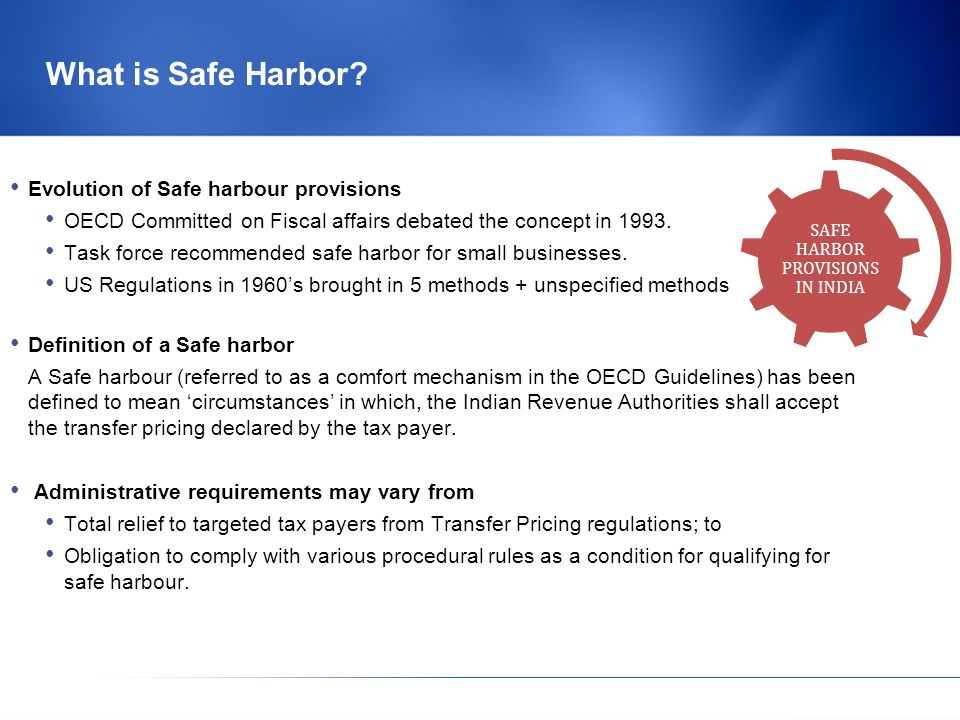 There are countless ways to create emotional safety, and some may work for you better than others. Consider trying a few of the ways we’ve identified and decide which ones work best for you and your partner.
There are countless ways to create emotional safety, and some may work for you better than others. Consider trying a few of the ways we’ve identified and decide which ones work best for you and your partner.
While it may take time to build emotional safety, the result is a relationship built on mutual trust, respect, and unconditional support. Not only will you find yourself seen, heard, and understood, but you will find yourself feeling more connected to yourself and your partner. Try to be patient with each other, and then watch the benefits of being open and vulnerable unfold.
How to Create Emotional Safety in a Relationship: 7 Tips
Understanding how to create emotional safety is key to fostering meaningful connections and healthy relationships.
Emotional safety is the foundation for a loving and healthy relationship. It’s about establishing trust with another person and feeling safe enough to be open and vulnerable with them.
To put it simply, emotional safety is feeling secure enough to truly express yourself with someone and show up as your most authentic self.
Emotional safety also goes both ways. When you feel emotionally safe and reveal your true self, it opens the door for your partner to do the same. And when both people in a relationship feel secure, it provides a safe environment where a deeper and more loving connection can form.
Safety matters
Emotional safety does not apply to abusive relationships. If you’re experiencing abuse, whether physical or emotional, you have several options for seeking help. Try reaching out to a trusted friend, family member, or therapist or calling a domestic violence hotline.
When you find yourself in an emotionally safe relationship, chances are you’ll experience many advantages as a result. Benefits of emotionally safe relationships include:
- You feel valued and valuable.
- You can truly be yourself without the risk of judgment.
- You can show your weaknesses without being taken advantage of.
- You can share boldly and express yourself freely.
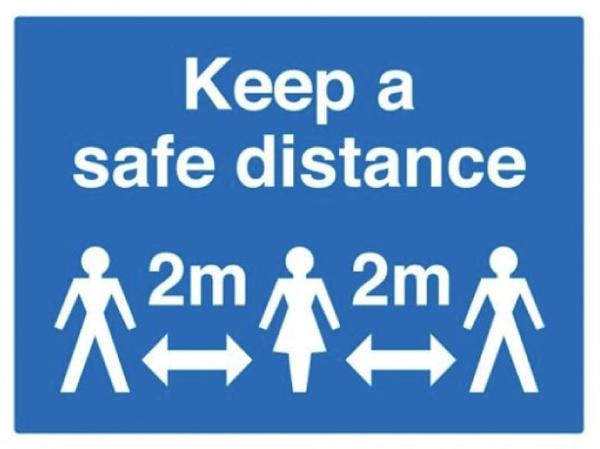
- You feel seen, heard, and understood.
More importantly, an emotionally safe relationship creates a stronger connection.
Of connection, Brené Brown, author and research professor of social work at the University of Houston, said it best: “I define connection as the energy that exists between people when they feel seen, heard, and valued; when they can give and receive without judgment; and when they derive sustenance and strength from the relationship.”
Wondering how to build emotional safety or unsure where to start? We’ve broken down seven helpful ways to cultivate trust and vulnerability in any relationship.
Respect boundaries and consent
Setting and respecting boundaries can increase safety and security in a relationship by establishing personal limits. By communicating a limitation, you let your partner in on your preferences and invite them to share their own. Think of boundaries as not only protecting yourself but also protecting your relationship.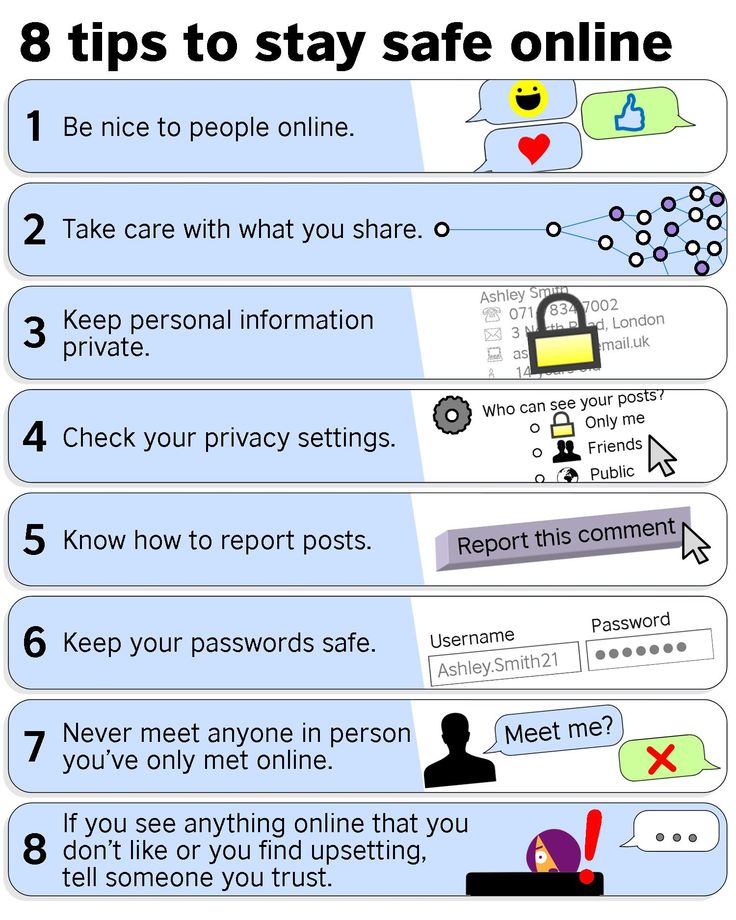
Boundaries can be physical, sexual, intellectual, emotional, or financial — all critical to nurturing respect in a healthy relationship. Once you set a boundary, it’s crucial that you and your partner respect it. Some examples of boundaries that promote emotional safety are:
- honoring what is important to you
- sharing personal information gradually
- protecting your time by not overcommitting
- asking for space when you need alone time
- communicating your comfort level on intimacy
Pay attention to your nonverbal communication
Body language is essential for emotional safety.
Vocal tone, eye shape, posture, and other micro expressions are continuously being interpreted by you and your partner, whether you realize it or not. “If you approach your partners with hard eyes, tightly pressed lips, and short words, they may not feel safe,” says Dr. Jake Porter, a Houston-based licensed professional counselor.
“The key here is to realize that we are each responsible not only for the words we say but also the way we send them,” he adds.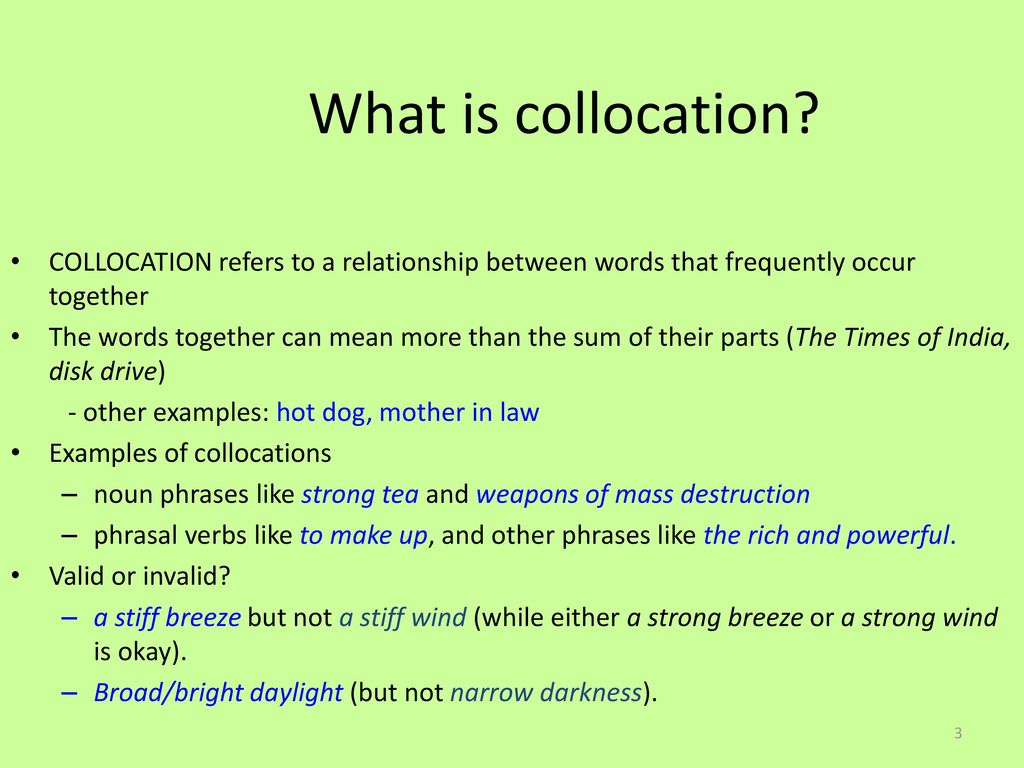
It’s a good idea to practice paying attention to the nonverbal communication you’re carrying with you before you approach your partner. Consider asking yourself, “What is my body language communicating right now?”
Be an active listener
Active listening is a critical component to a healthy relationship because people need to feel heard and understood to feel secure and validated. “Active listening is when you set aside your defenses and distractions, and truly take in what your partner is telling you,” explains Dr. Isabelle Morley, a licensed clinical psychologist based in Massachusetts.
“The ability to actively listen means that whenever fears or issues arise, your partner will feel comfortable telling you,” she adds. “Instead of the problem growing or your partner becoming resentful, you’ll be able to quickly and easily address it.”
Some ways to practice active listening include:
- nonverbal signs of listening like smiling, nodding, and maintaining eye contact
- asking your partner questions or asking for clarification
- summarizing or reflecting back on what was said
Practice transparency
Transparency is an important part of building trust and emotional safety. When you practice transparency, you eliminate the potential feeling that you or your partner are hiding something from each other.
When you practice transparency, you eliminate the potential feeling that you or your partner are hiding something from each other.
While you don’t need to share every part of your life with your partner, “general openness about your thoughts, feelings, and activities is a good way to build trust, communication, and security,” says Morley.
Give your partner the benefit of the doubt
Giving your partner the benefit of the doubt means removing judgment and, instead, being curious to learn about the motivation for their behavior. “Most people’s motivations are subconscious and often connected to their own baggage they bring to the relationship,” says Baltimore-based certified imago relationship therapist Rabbi Shlomo Slatkin.
“When we stop judging and making up stories of why our partner did what they did, we begin to look at them favorably from a place of compassion and understanding,” he adds. “We may disagree with them, but we can at least create a safe environment without confrontation. ”
”
Foster accountability and follow through
Following through shows your partner that you are dependable and value the relationship. When you commit to something and follow through, you actively build trust by showing your partner your loyalty. Yet following through doesn’t have to happen overnight.
Even when you take small steps, enabling your partner to see your consistent effort shows them your commitment to the relationship. Try keeping your partner in the loop, as this will help you hold yourself accountable too.
Consider couples or relationship therapy
A mental health professional’s perspective can help people in relationships build emotional safety by focusing on dealing with conflict rather than focusing on the conflict itself.
“Couples therapy fosters emotional safety by helping couples understand how they work together as a system,” explains Porter. “When I work with couples, I’m less interested in the content of what they are fighting about than the process of how they fight.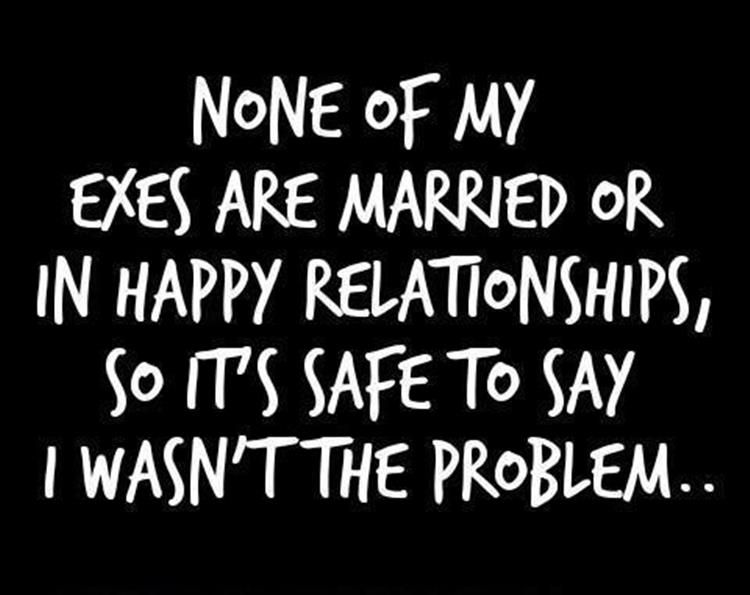 ”
”
“Focusing on the content might help them in the moment as I mediate a dispute, but they are just going to end up right back in the therapy office next time they can’t agree,” He adds. “Instead, by helping them create a new process for how they approach conflict to set them up for success as life continues to throw challenges their way.”
Emotional safety is key to a healthy and happy relationship. There are countless ways to create emotional safety, and some may work for you better than others. Consider trying a few of the ways we’ve identified and decide which ones work best for you and your partner.
While it may take time to build emotional safety, the result is a relationship built on mutual trust, respect, and unconditional support. Not only will you find yourself seen, heard, and understood, but you will find yourself feeling more connected to yourself and your partner. Try to be patient with each other, and then watch the benefits of being open and vulnerable unfold.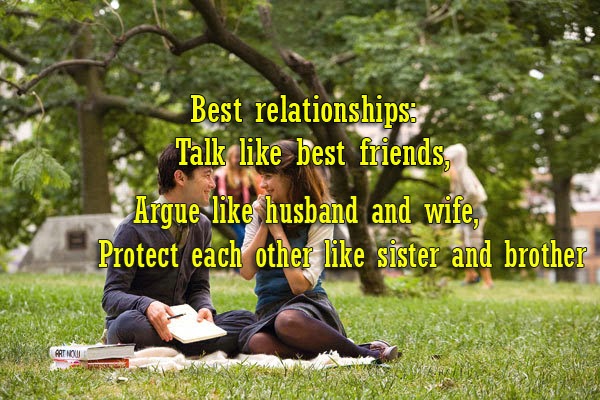
How to distinguish unhealthy relationships from partner and safe ones - Psychology
How to identify unhealthy relationships?
Photo: Rex Features/Fotodom.ru
The main marker of an unhealthy relationship is if you are not healthy in a relationship. The feeling of discomfort, the desire to re-educate a partner, the feeling of guilt that does not go away and the expectation of changes indicates that something is going wrong.
If you feel that there is competition between you, things are bad. You no longer support each other, but are trying with all your might to prove your superiority. This game may be implicit. On the one hand, the partner encourages you to develop, on the other hand, it devalues all your achievements. It looks like a vicious circle. The masculine and the feminine are fighting in it: the female part of the personality passionately wants you to show the qualities of a provider, for example, buy a house, while the male part cannot allow this to happen.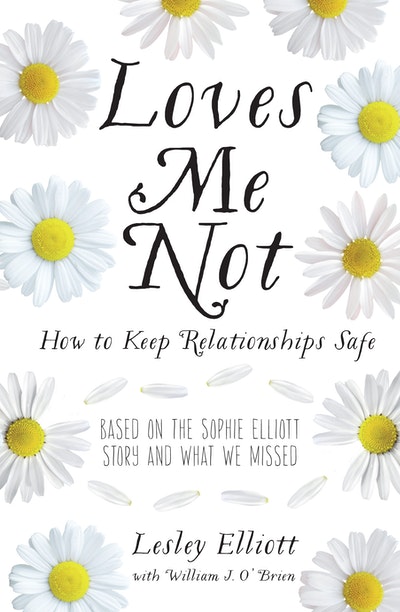 So, you studied a lot, worked hard and finally buy it. Only now it turns out that your chosen one cannot live in it, since this will discredit him as a man.
So, you studied a lot, worked hard and finally buy it. Only now it turns out that your chosen one cannot live in it, since this will discredit him as a man.
Strong groundless jealousy is not at all an indicator of great love, but speaks of emotional ill health. Of course, if you caught him red-handed (or he caught you), the scandal will be a natural continuation of the mise-en-scene. But if a jealous person does not need a reason at all, but invents it out of the blue, it is worth considering what internal objects he is fighting in his head and why he puts himself in a deliberately losing position. You can be jealous not only of potential competitors of the opposite sex, but also of friends, and parents, and even children, that is, any objects of your attention. A jealous partner seeks to control your movements, as well as to minimize your interaction with the outside world - here the Oedipus complex is rampant, which took place long before meeting you.
You seem to have nothing to talk about.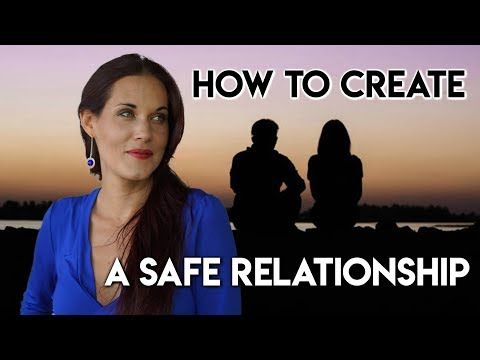 It's not at all that nothing happens in life, and certainly not that you haven't read a single book. There is just an emotional tension between you. Most likely, there is a particularly sensitive topic that occupies all your thoughts, and talking about the trends in the global economy has simply become irrelevant. Or you simply hesitate to tell your partner everything that comes to mind, because whatever comes into it will be criticized or declared uninteresting. But you do not dare to discuss this either, preferring to remain in the “bad world is better than a good quarrel” mode, even if your world has become completely anorexic.
It's not at all that nothing happens in life, and certainly not that you haven't read a single book. There is just an emotional tension between you. Most likely, there is a particularly sensitive topic that occupies all your thoughts, and talking about the trends in the global economy has simply become irrelevant. Or you simply hesitate to tell your partner everything that comes to mind, because whatever comes into it will be criticized or declared uninteresting. But you do not dare to discuss this either, preferring to remain in the “bad world is better than a good quarrel” mode, even if your world has become completely anorexic.
Another sign of ill health in a couple is the impossibility of dialogue between you. It is no longer about your indecision and fear of losing a partner. You openly declare a problem and even offer options for solving it, but you find yourself sent to your girlfriends or to a psychiatrist. The most harmless refusal of dialogue may sound like "Everything suits me", which, unfortunately, means "I wanted to sneeze at something that does not suit you.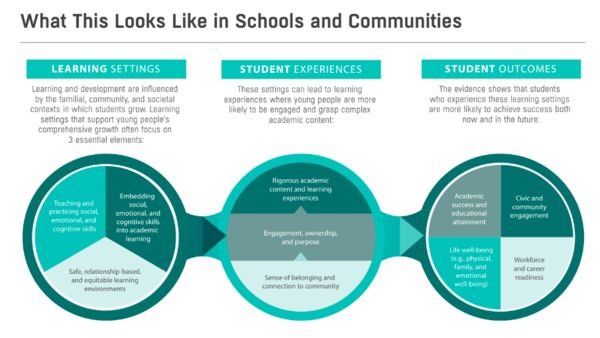 "
"
He convinces you of a misunderstanding of the situation, and calls your reactions inadequate. Do not rush to write yourself down as crazy, this is the good old "gaslighting" - a type of psychological violence, a manipulation that got its name from the film "Gaslight" of the same name. The partner systematically makes you feel stupid, helpless and emotionally unstable, although before meeting him you were sure of the opposite. Thus, he gains control over you. The manipulator needs total control due to the basic distrust of the mother figure. Such people are extremely vulnerable and defend themselves by attack. But this is not your problem at all. Even if you want to devote your life to fighting someone else's psychopathology, keep in mind that you are acting suicidal.
Subscribe to our channel in Yandex.Zen
jealousy, expert opinion, relations between a man and a woman
Maria Ovsyannikova: “The story of my marriage is also connected with Catherine Deneuve”
An actress whose voice speaks the color of Hollywood and French cinema stars , gave an exclusive interview to WomanHit.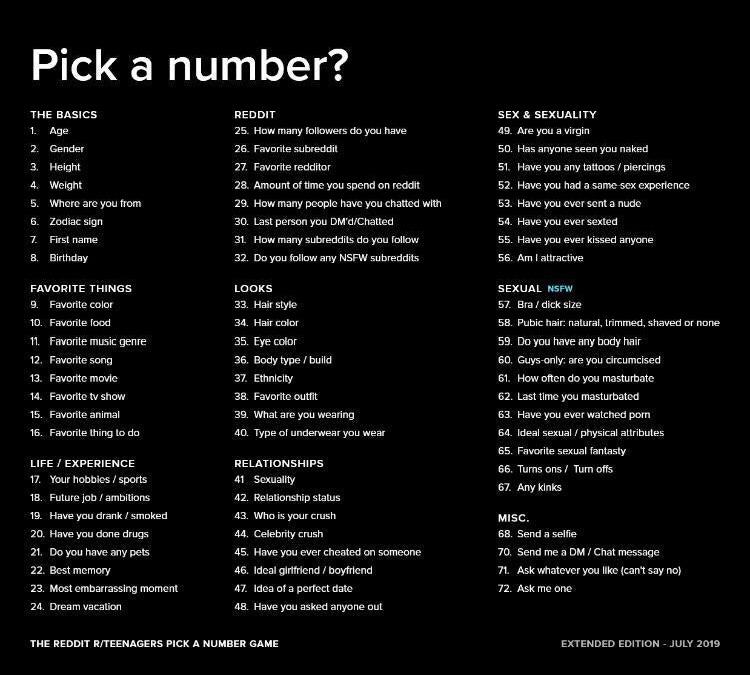 ru
ru
Maria Pogrebnyak showed off her huge breasts in a revealing outfit
The celebrity demonstrated her luxurious charms
5 ways to deal with jealousy
WomanHit.ru expert - parapsychologist, psychologist, health specialist Sergey Lang - sure: there is nothing worse for a relationship than accusations of treason, which was not
What is theater etiquette and why it is important to observe it
Actor Semyon Yakubov recalls how to behave before, during and after the performance
How to hide property during a divorce
Lawyer, mediator Natalya Khurchakova gives practical advice on how to protect yourself in order to save savings
All the pros and cons of thread lifting
Plastic surgeon, cosmetologist Nadezhda Petrash answers questions that most often arise in patients
Khilkevich exposed part of her impressive breasts that fell out of a tight top
The star showed her spectacular bust
When the diet really necessary, and when it can harm
Professor, Doctor of Medical Sciences, endocrinologist Valentin Fadeev answers the most important questions.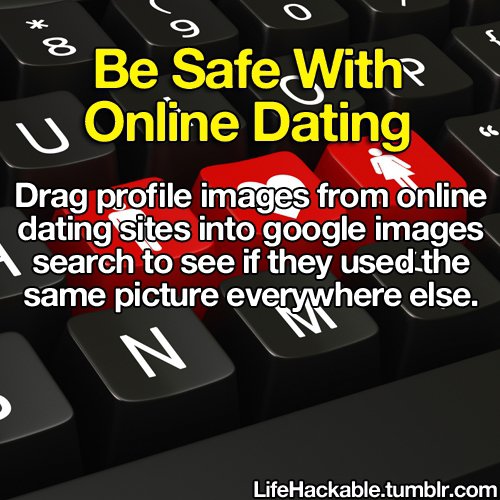
Yuri Baturin does not communicate with his family after the start of the SVO: “I am an enemy for them”
The artist admitted that he does not want to “provoke sick people”
Pictures of the week: Maria Shukshina spoke about beauty injections, Stas Mikhailov about plastic surgery
Most interesting events from the world of show business - in the new exclusive video review WomanHit.ru
What do jealous dreams mean?
Nobody is immune from jealousy. And few people are able to control this corrosive feeling. Therefore, it moves from real life to our dreams so that the subconscious can come to the rescue.
How to deal with "everyday" jealousy?
Our expert, family psychotherapist Maria Biryukova explains what strategy of behavior is better to choose if your loved one doubts the reciprocity of their feelings. And not unreasonably.
Rudova showed off her charms without lingerie, dancing in front of a mirror
The artist boasted a spectacular bust
“What breasts!”: Samburskaya bared her juicy forms on the beach
The star showed off her magnificent bust, inflated abs and slender legs
What to eat to lose weight: life hacks for slimming without dieting
Experts insist that strict dietary restrictions are not needed and even harmful to achieve the desired slimness
Liza Moryak — about her engagement to Sarik Andreasyan ring finger”
The actress spoke in an interview about changes in her personal life and denied rumors that she “took” her beloved from the family
Secrets of a beautiful and confident self-presentation
Singer and composer Alex Anokhin advises how to learn how to influence the formation of public opinion about yourself
How to create a secure relationship.
 Relationship Security Basics by Teal... | by Alla Moore
Relationship Security Basics by Teal... | by Alla Moore Teal Swan's Relationship Safety Basics
This is a transcript of Teal Swan's video, which is on her list of recommendations for dealing with millennial trauma (actually any trauma).
Translations here First and Second parts on the injury of millennials, video about Healing , Work with emotions and
Almost all typography and some subheadings are mine, but always derived from the (con)text Teal.
Relationships are life. If you look at life, all it really is is relationships. We are in relationship with ourselves, we are in relationship with other things, we are in relationship with other people – that is life. So it is quite obvious that in order for us to feel secure in life, we must feel free from harm/evil/offense in our relationship.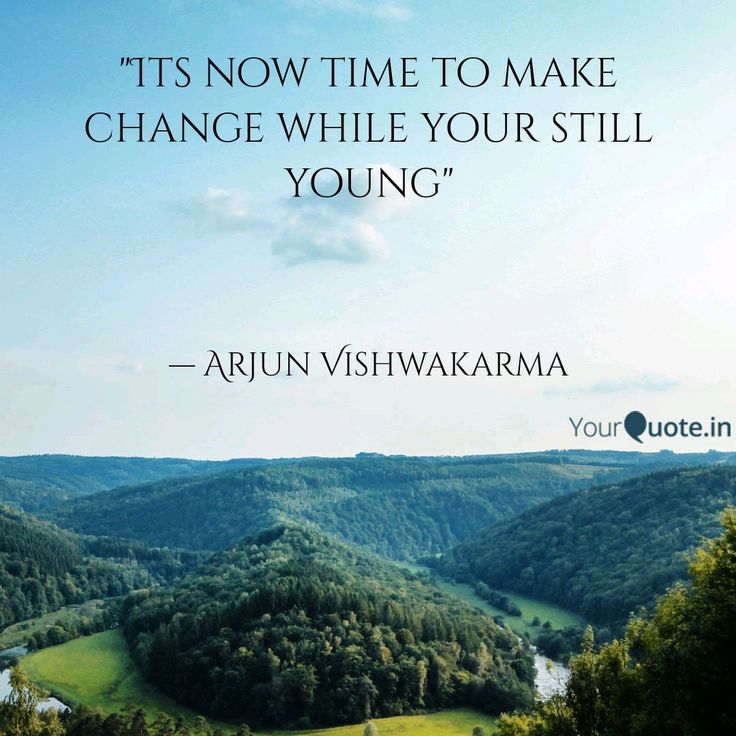 But in reality, most of us have no idea how to create a secure relationship.
But in reality, most of us have no idea how to create a secure relationship.
An insecure relationship is, by definition, a relationship with someone who cannot accept us as part of themselves to accept our interests as part of their own interests. In essence, it is a state of disunity. This is a state in which a person perceives himself as separate from you and cannot see, hear, feel, or truly understand you. So he/she may not even know your interests or what is best for you. In fact, it is a lack of attunement and love.
Most people misunderstand what love is because they associate love simply with a very positive feeling towards someone, but that positive feeling is actually a by-product of love, not love itself.
To love means to accept something or someone as part of yourself. It just so happens that most of the time when we do this, it's only natural that we feel positive feelings about anything or anyone.
Now, what is attunement? Align with something - bring yourself into a state of harmony with this thing.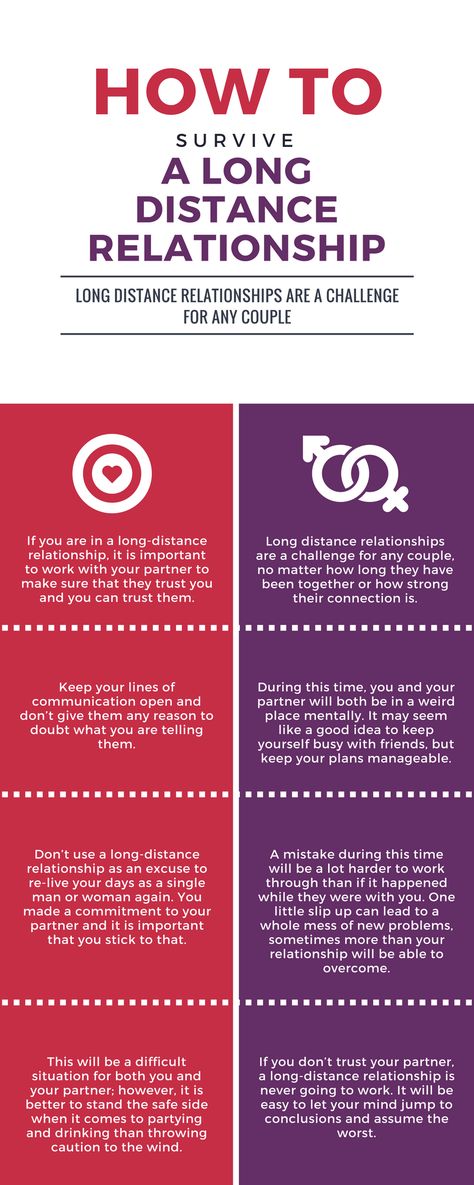 It is when you feel like you are one with something. You can understand attunement by imagining that you are sitting in your car and reaching for the radio frequency switch, and if you want to hear what music is playing on a certain frequency, for example, 98.2 FM, you need to tune your radio to 98.2 FM and then you will hear the music. Your own radio must be harmonized with the radio channel you wish to receive, or become one with it, so that you can hear and perceive it.
It is when you feel like you are one with something. You can understand attunement by imagining that you are sitting in your car and reaching for the radio frequency switch, and if you want to hear what music is playing on a certain frequency, for example, 98.2 FM, you need to tune your radio to 98.2 FM and then you will hear the music. Your own radio must be harmonized with the radio channel you wish to receive, or become one with it, so that you can hear and perceive it.
In order for you to feel or imagine other people's emotional experiences and understand how they feel, you need to tune into them as if you were them. This will give you access to the knowledge of how to act in any situation to end a conflict, or improve a situation, or help someone. Attunement naturally increases compassion and empathy. For a deeper understanding of these concepts, I suggest watching my videos “What is love?” (and my translation of - AM note) , "Attunement (Key to good relationships)" and "Compassion (how to develop compassion)".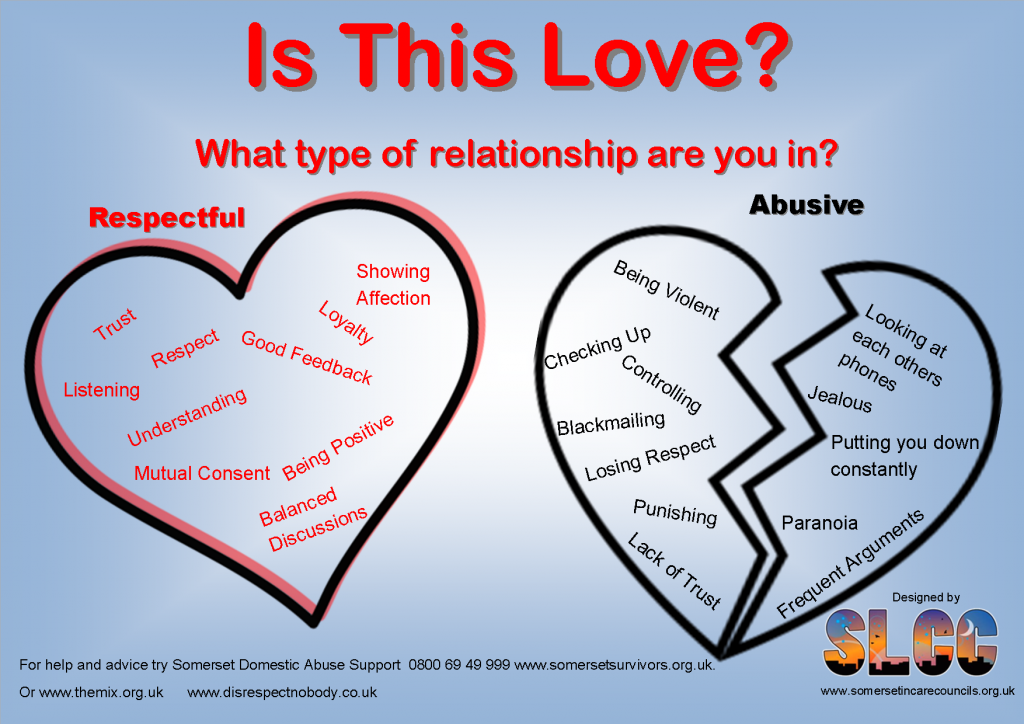
The state of accepting someone or something as part of oneself, in order to fully perceive the lived experience of this person or thing, is the basis of a secure relationship.
One of the problems of today is that we try to love someone from our personal separate point. We are trying to understand what the think our needs and wants are. We spend too much time trying to give others love in ways they can't get because we're trying to love them instead of understanding them. So one of the most valuable relationship advice you can get:
Stop trying to love people and instead try to understand them .
To do this, watch my video with the same name.
What makes relationships secure is our ability to accept others as part of ourselves and feel them to the point where we can no longer ask them to put up with pain. We can no longer ask them to endure the pain, because we ourselves cannot bear when they are hurt.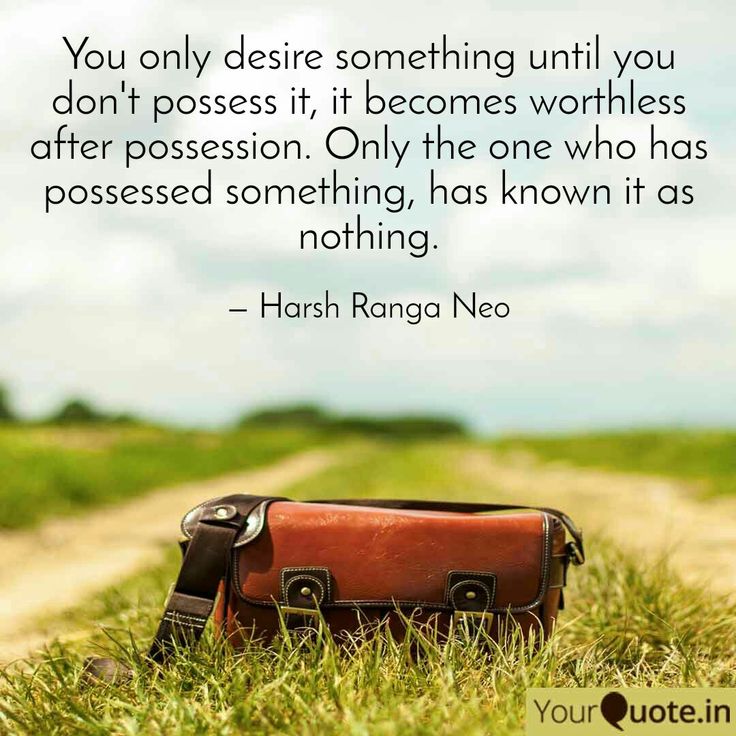 If we see ourselves as separate, then their pain is not a problem for us, but it becomes a huge relationship problem and a lot of room for insecurity because it means we can play a zero-sum game where they lose and we win. . We also run the risk of falling into an incredible illusion when we think that it is possible to violate their interests for our own, and this opens up great opportunities for abuse, because then we can use pain as a way to control partners in order to get what we want.
If we see ourselves as separate, then their pain is not a problem for us, but it becomes a huge relationship problem and a lot of room for insecurity because it means we can play a zero-sum game where they lose and we win. . We also run the risk of falling into an incredible illusion when we think that it is possible to violate their interests for our own, and this opens up great opportunities for abuse, because then we can use pain as a way to control partners in order to get what we want.
Most people have very negative associations with the concept of owning someone. But I will tell you that when it comes to creating a secure relationship, that possession is the key. To own something means to have that thing and it means that it belongs to you - this is the positive side of having. Loving something, that is, accepting it as part of yourself, is a concept based on inclusion / involvement. This means that something automatically belongs to you and you have it.
To truly own something is to see it as part of yourself, and if you see something as part of yourself, it becomes impossible to hurt it without hurting yourself.
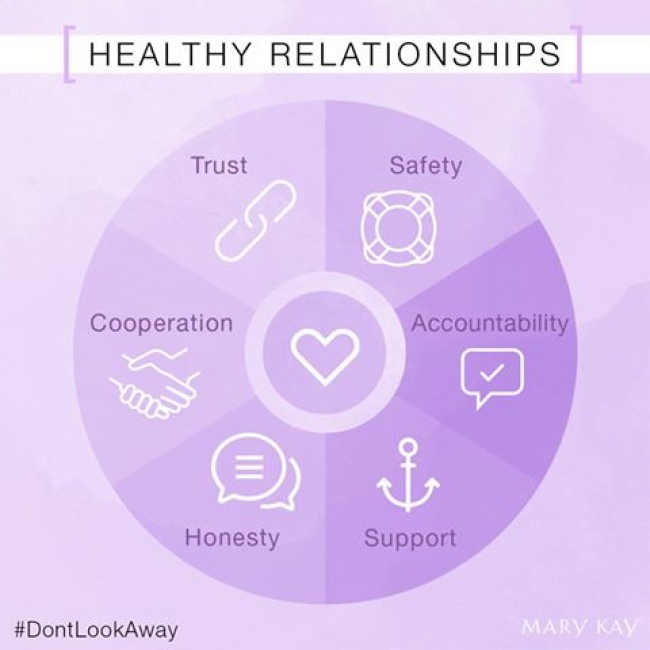
How much harm we have done to each other in relationships by discarding the concept of ownership. When we do not own others as part of ourselves, we do not feel responsible for them. Ownership is a critical part of creating security in a relationship. To understand this better, watch my video “Own People! (How to bring ownership into a relationship).
There is nothing that makes us feel more insecure than abandonment/loneliness. In fact, one could argue that this brings even more insecurity than a relationship that hurts. But here's an interesting thing, we can 100% guarantee that we will lose someone we cannot accept as part of ourselves. It is statistically proven that 100% of relationships in which there is no trust fall apart.
Let's see what trust means. Trust means being able to rely on someone to take your interests as part of their own. Sounds like a definition of love, doesn't it? To accept someone as part of yourself is to accept their interests as part of yourself, they are inseparable things.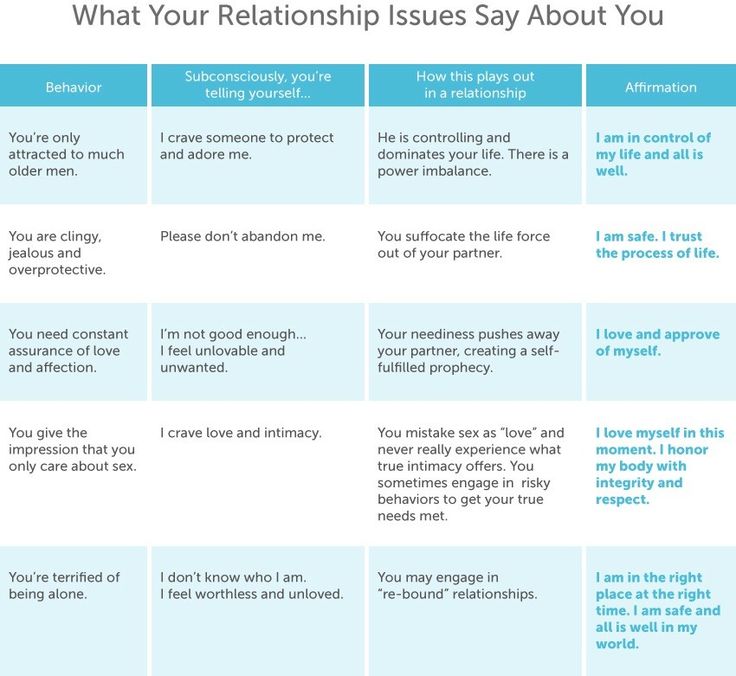 So obviously, without trust, there is no love. Now, as we just learned, since no relationship works without trust, then obviously if you can't accept someone as part of you, you are guaranteed to lose that relationship. Thus, we can practically guarantee the insecurity of loneliness if we cannot accept the other, and at the same time his interests, as part of ourselves. To understand more about trust, watch my video "Trust (What is trust and how to build a secure relationship)".
So obviously, without trust, there is no love. Now, as we just learned, since no relationship works without trust, then obviously if you can't accept someone as part of you, you are guaranteed to lose that relationship. Thus, we can practically guarantee the insecurity of loneliness if we cannot accept the other, and at the same time his interests, as part of ourselves. To understand more about trust, watch my video "Trust (What is trust and how to build a secure relationship)".
Relationships, by definition, cannot be controlled. Because you can't control other people. You cannot control what they think, what they say, what they do, what they choose. This is why relationships seem so scary to us. This is really risky! It's just a matter of being aware of the risk though.
Now, there is a huge HUGE difference between entering a new relationship with a frightening experience from a previous one... I mean when I ask people in the audience to raise their hands if they have experienced trauma or painful experiences in a relationship that they remember , terrify them, once they think about a new relationship, you will see that 90% if not 100% of people raise their hands.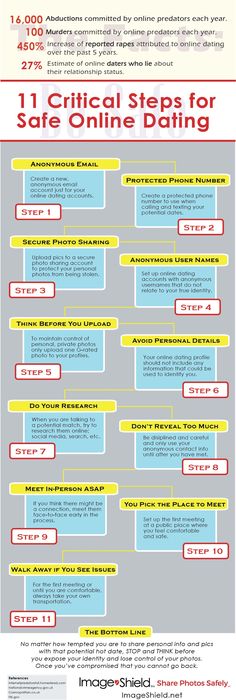 So we all enter relationships from a point of relationship horror.
So we all enter relationships from a point of relationship horror.
Now, there is a huge difference between being scared and insecure in a relationship because of past traumas (even though we may actually be in a relationship with someone reliable right now) and when we get into relationships that are really insecure. Obviously, we need to be discerning and can even ask others for help to determine if we feel insecure because of our past, even when in a relationship with a safe person, or, on the contrary, we feel insecure because the relationship or the person is actually dangerous.
Most of us will experience pain at one time or another, even in our best relationships. But a secure relationship isn't really about never experiencing pain. They are about what we will do with this pain.
The only relationship pain we have to deal with/put up with, pain that will contribute to the well-being of one, the other, or both people in the relationship.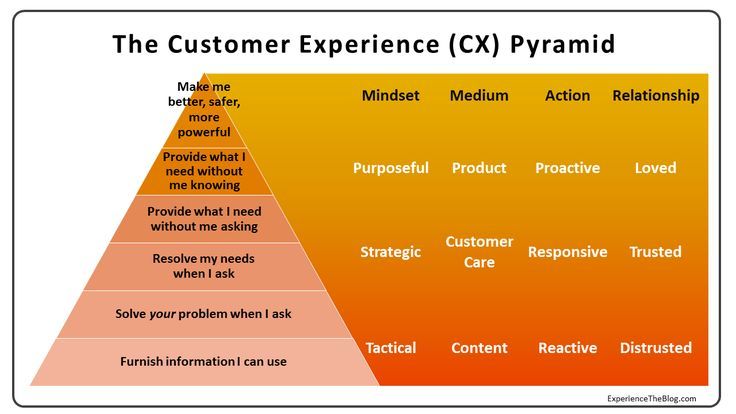 It is worth saying, however, that this requires a high level of awareness to determine if a particular type of pain is truly in the best interest or well-being of the individual, rather than detracting from that very well-being. It should be said that the attitude “I believe that this pain he/she is in his/her best interests” can be a real smokescreen for abuse and a cover for our own shortcomings in the relationship.
It is worth saying, however, that this requires a high level of awareness to determine if a particular type of pain is truly in the best interest or well-being of the individual, rather than detracting from that very well-being. It should be said that the attitude “I believe that this pain he/she is in his/her best interests” can be a real smokescreen for abuse and a cover for our own shortcomings in the relationship.
Also, we can't always say that saving someone from any kind of pain is good for that person. But as a general principle in relationships, it's best to internalize this perspective, that if you really want to create a secure relationship, you'll have to make an effort to make sure you don't hurt the other. This means that security in a relationship depends on the speed with which we are able to fix / restore something. It is about a sincere commitment to prevent and not perpetuate the harm done to the person we love and therefore accept as part of ourselves. To understand this better, watch my video "Accept Them as Part of You (The Golden Key to Good Relationships)".

